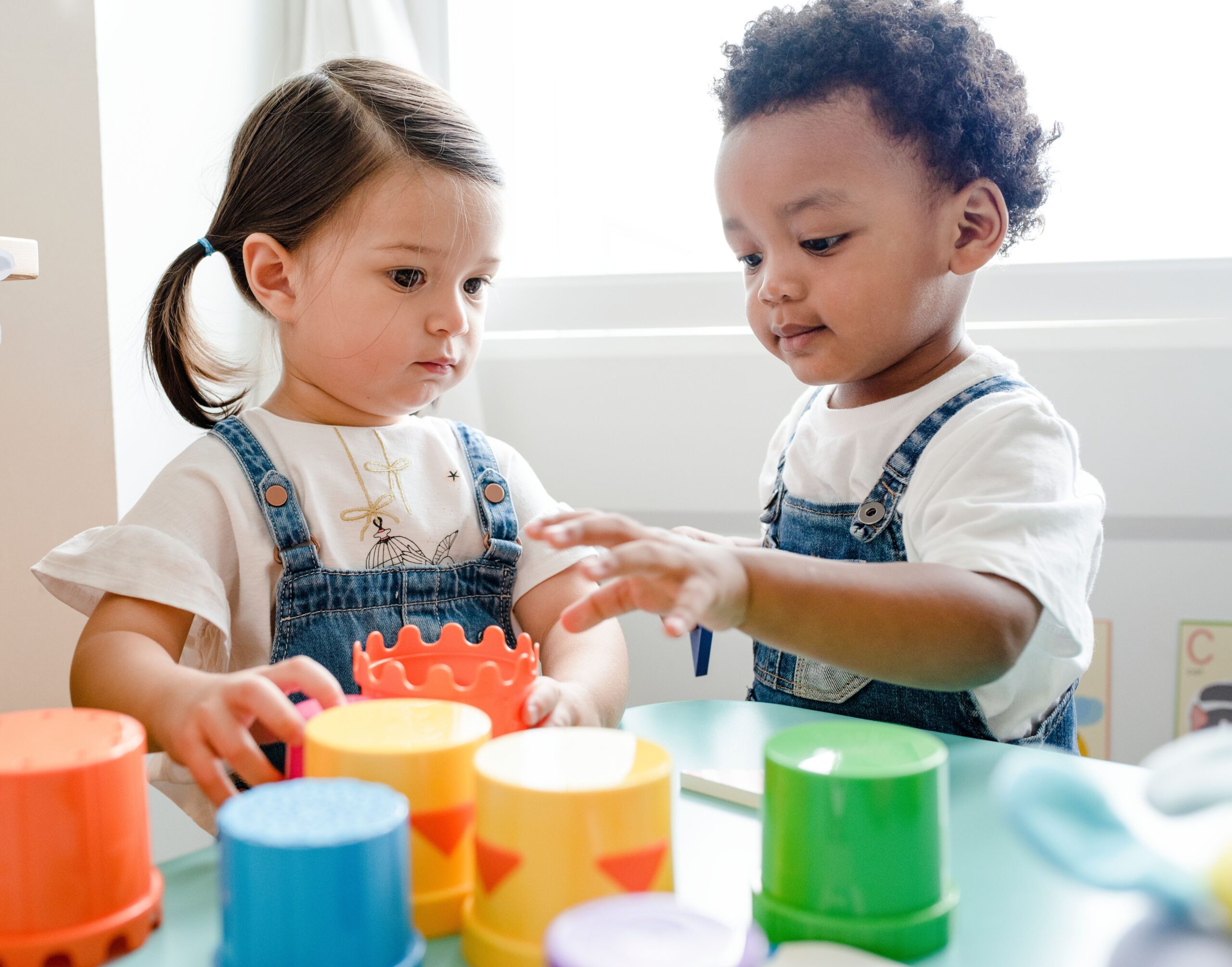COVID-19 era toddlers had lower emotional, behavioral problems | Image Credit: © Rawpixel.com – stock.adobe.com.
The COVID-19 pandemic disrupted family life and raised concerns about child development, but a new multicenter study suggests some toddlers demonstrated resilience. Researchers analyzing data from more than 3,400 children found that toddlers assessed during the pandemic had slightly fewer emotional and behavioral problems compared with those assessed before the pandemic.1,2
The study, published in JAMA Network Open, used data from the Environmental Influences on Child Health Outcomes (ECHO) Cohort Consortium, collected between September 2009 and July 2023.
Investigators evaluated 3,438 children (average age, 2 years) from 9 sites across the United States and Puerto Rico. Families were divided into 3 groups: those born and assessed before March 2020, those born before but assessed after March 2020, and those both born and assessed during the pandemic.
Behavior was measured using the Preschool Child Behavior Checklist (CBCL), a validated parent-report tool assessing internalizing symptoms such as anxiety and sadness, and externalizing symptoms such as aggression or hyperactivity.
Key findings
Compared with children assessed prior to March 2020, both groups of toddlers with pandemic exposure had lower mean CBCL scores. Internalizing scores were approximately 1.5 to 2 points lower, and externalizing scores were 1.7 to 3.2 points lower, depending on exposure group. While differences were modest, results were consistent across analyses.
Notably, associations appeared stronger among children of mothers without a bachelor’s degree. In adjusted models, children of mothers with less education had larger reductions in both internalizing and externalizing problems compared with their prepandemic peers.
“Our findings suggest that even during periods of widespread pandemic-related disruption, toddler-aged children may have experienced opportunities for resilience,” said study author Anahid Akbaryan, BS, research associate at NYU Grossman School of Medicine. “Future research should explore within-home factors that may have supported child mental health outcomes during this time, such as consistent caregiving routines, household stability, and positive parental coping strategies to identify potential protective influences during times of instability.”
Study coauthor Lauren Shuffrey, PhD, also of NYU Grossman School of Medicine, added, “These findings suggest that some families may have adapted in ways that buffered young children from behavioral challenges during the pandemic, highlighting the importance of identifying and strengthening those protective supports.”
Prior research raised concerns about infants born during the pandemic, citing possible risks for developmental delays. However, findings across studies have been mixed. Some reports suggested increased vulnerability, while others noted minimal or even positive differences in certain developmental areas.
The authors emphasized that although caregiver-reported outcomes can be influenced by parental perceptions, the large, diverse cohort and consistency of findings strengthen the conclusions. They acknowledged limitations, including reliance on parent-report measures, lack of assessment of parental mental health, and differences in regional pandemic experiences.
Implications for practice
According to the authors, these results suggest that pandemic exposure was not linked to higher rates of behavioral problems in toddlers. Instead, some families may have adapted in ways that provided protective benefits. The study highlights the importance of investigating household and caregiving factors that supported resilience during a period of global disruption.
Further research is needed to identify which elements of the home environment—such as stable routines, caregiver coping strategies, or family cohesion—contributed most strongly to positive outcomes. Insights from such work may help clinicians and policymakers develop interventions to support families during future crises.
References
- Environmental influences on Child Health Outcomes. Toddlers showed slightly fewer behavioral problems during COVID-19 pandemic, NIH study finds. Eurekalert. September 3, 2025. Accessed September 8, 2025. https://www.eurekalert.org/news-releases/1096955
- Akbaryan A, Churchill ML, McGrath M, et al. COVID-19 Pandemic Exposure and Toddler Behavioral Health in the ECHO Program. JAMA Netw Open. 2025;8(9):e2530346. doi:10.1001/jamanetworkopen.2025.30346
